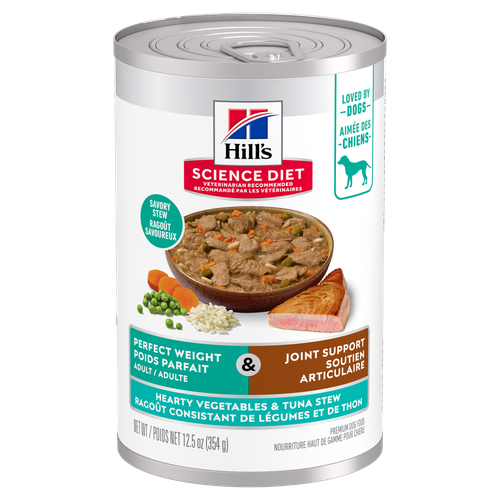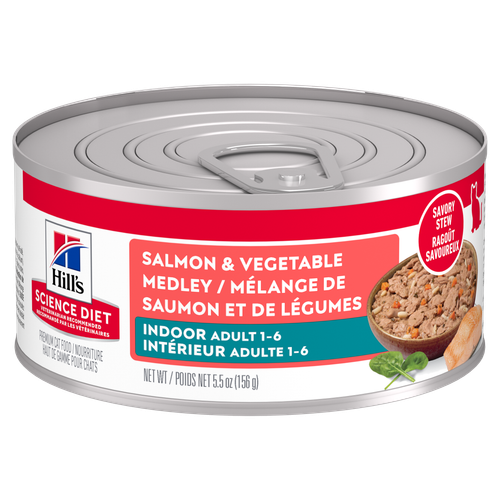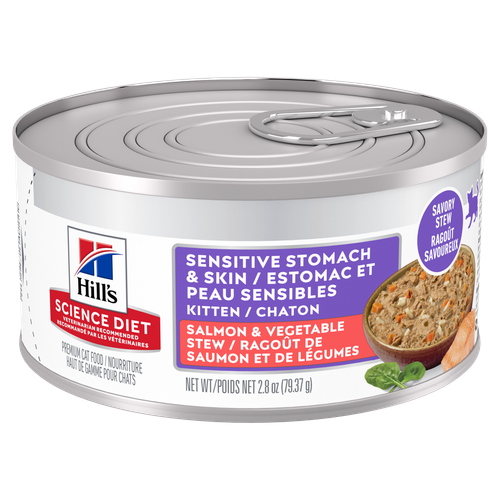

Congestive heart failure can be a scary diagnosis to receive from your veterinarian. Sadly, many small breeds as well as some large breeds, are prone to developing this condition later in life. The good news is that with proper treatment and lifestyle management this diagnosis can be managed to improve quality of life. However, it's important to recognize the symptoms of congestive heart failure in dogs so that you can begin treatment promptly, giving your beloved pup the best chance of a longer life.
What Is Congestive Heart Failure in Dogs?
Congestive heart failure (CHF) refers to the inability of the heart to pump blood adequately throughout the body. As a result, blood backs up into the lungs and fluid accumulates in the body cavities (chest, abdomen or both) further constricting both the heart and lungs, and preventing sufficient oxygen flow throughout the body. In dogs, there are two main types of CHF:
- Right-sided congestive heart failure (RS-CHF). This occurs when a heart contraction causes some blood to leak into the right atrium from the right ventricle through the tricuspid valve rather than being pushed through the lungs and becoming oxygenated. As a result, the main circulation system becomes congested with backed up blood, and fluid accumulates in the abdomen, interfering with proper organ function. Excess fluid might also build up in the limbs and cause swelling known as peripheral edema.
- Left-sided congestive heart failure (LS-CHF). The most common type of CHF in dogs, this occurs when blood from the left ventricle leaks back into the left atrium through the mitral valve rather than getting pumped into the body's systemic circulation when the heart contracts. It is a state of diminished cardiac function and, as a result, causes volume or pressure overload to the left side of the heart. As a result, fluid leaks into the tissue of the lungs causing swelling known as pulmonary edema, which leads to coughing and difficulty breathing.
Symptoms of Congestive Heart Failure in Dogs
Here are some common signs that your dog might be suffering from congestive heart failure, according to Pet Health Network:
- Coughing
- Constant panting
- Struggling to breathe
- Breathing at a fast rate, especially when in a resting state
- Reluctance or refusal to exercise
- Getting tired more easily on walks or during play
- Fatigue
- Blue-tinged gums
- Distended abdomen
- Coughing up blood
- Collapsing
If you notice any of these symptoms, you should have your dog checked by your veterinarian without delay.
What Causes Congestive Heart Failure?
The most common cause of congestive heart failure in dogs is congenital heart defects, meaning that it's a genetic condition that can't be prevented. Many small breeds have a genetic propensity toward CHF, says Love to Know, including toy poodles, Pomeranians, dachshunds, and cavalier King Charles spaniels. Small dogs in general tend to be more prone to developing CHF because the heart valves tend to degenerate more than in larger breeds. However, some large breeds, particularly giant breeds such as St. Bernards, Newfoundlands, and Great Danes are prone to developing CHF due to dilated heart muscles. It's important to understand that congenital CHF typically manifests late in a dog's life and that these dogs can live many years seemingly healthy and happy before symptoms begin to appear.
CHF can also develop in a heart that's been weakened by other heart conditions, so it's important to do what you can to prevent heart disease from occurring in your pet, including preventing obesity and providing heartworm prevention.
Diagnosis and Treatment
Upon examining your dog, if your veterinarian detects a heart murmur or other types of heart irregularities, they may refer you to a veterinary cardiologist or other type of pet heart specialist. Common tests to diagnose CHF include chest X-rays, an electrocardiogram to measure the electrical activity in the heart, and an echocardiogram, which uses ultrasound to look at the heart. Blood and urine might be tested in order to determine whether concurrent diseases are causing your dog’s symptoms, since as renal disease can be commonly correlated with heart disease.
If your dog is struggling to breathe, your veterinarian may administer oxygen therapy until he's able to breathe adequately on his own. Depending on how much oxygen is needed, this might require hospitalization. For ongoing treatment, your dog will likely be placed on a number of medications, says Tufts University's Cummings Veterinary Medical Center. These include a diuretic to remove the excess fluid buildup in the lungs and body; an angiotensin-converting enzyme (ACE) inhibitor that has been shown to improve clinical signs and increase survival in dogs with CHF; and a vasodilator to relax the body's blood vessels, helping the heart to pump blood more easily. In some cases, another type of drug known as a positive inotrope might be prescribed to strengthen the force of contractions in the heart and improve blood flow.
Lifestyle Management
Medication is only part of a treatment plan for a dog with congestive heart failure. You should discuss your dog's food with your veterinarian, who can make a number of recommendations based on your dog's needs and the level of sodium restriction that would be best. Your veterinarian may recommend placing your pup on a low-sodium Prescription Diet; as a well-balanced diet will provide your pup with the right vitamins he might need to improve his health. Your pup will need regular checkups to monitor his heart and lungs, and certain medications, such as diuretics, may require monitoring of kidney function. For home care, your veterinarian will instruct you on how to monitor your pet's resting respiratory rate and what to do if it rises above normal. You'll also need to reduce and eliminate stress in your dog's environment as much as possible. While in most cases it's safe for your dog to get a moderate amount of physical activity, you should be careful not to allow him to overexert himself or to push him to do more than he wants.
Prognosis
Unfortunately, there is no cure for CHF at this time, and treatment is aimed primarily at improving quality of life. That said, while the prognosis for dogs with congestive heart failure used to be poor, advances in medications used to treat the condition have vastly improved the overall prognosis. Vigilant home care and lifestyle management may help to extend survival from months to years. The sooner this condition can be identified and treatment is started, the better the chances are of extending your dog's life.
While the harsh reality is that this condition does pose a danger to your dog's life, a swift diagnosis and proper care and treatment can go a long way to mitigate that danger and give you and your dog more time to enjoy each other's company. The best thing you can do for your dog throughout their life is to follow your veterinarian's advice. Make sure to bring in your dog to the veterinarian for annual checkups. Ask about whether your pet's nutrition is right for them including treats, as well as how much water, exercise and additional care they may need to lead a healthier life.



















